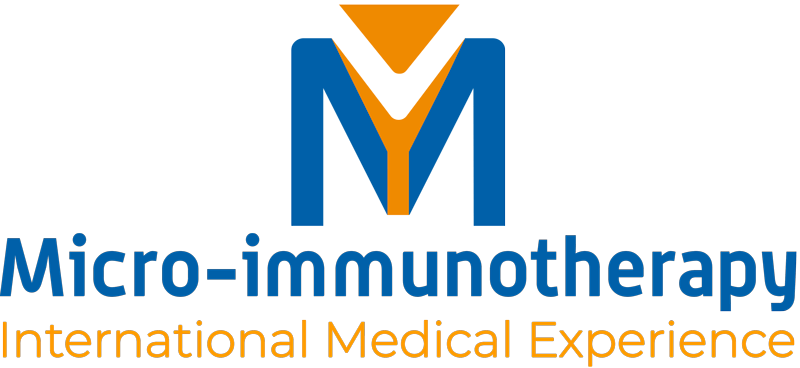Micro-immunotherapy & Neurology

Nerves, hormones and the immune system speak the same language, which is based on neurotransmitters, cytokines and hormones, in such a way that they mutually influence each other. Disturbances to this complex regulatory circuit can contribute to numerous diseases.
In this context, it is well known that chronic stress is accompanied by the elevated production of inflammation mediators and a reduction in the happiness hormone serotonin, which can lead to the onset of neuropsychological diseases, such as depression.1
In addition, numerous studies have proven that immune disorders and chronic inflammation processes are associated with the neurodegenerative diseases Parkinson’s and Alzheimer’s.2,3 The immunological approach based on treating neurological and psychological diseases, as adopted by micro-immunotherapy, is therefore gaining significance. The aim of the low-dose immunotherapy promoted by this treatment is mainly to curb excessive inflammation responses, as well as to balance improper functioning of the immune system, in order to limit or slow down the course of the disease.
- Kannarkat GT, Boss JM, Tansey MG. The role of innate and adaptive immunity in Parkinson’s disease. J Parkinsons Dis. 2013;3(4):493-514.
- Boutajangout A, Wisniewski T. The Innate Immune System in Alzheimer’s Disease. International Journal of Cell Biology. 2013;2013:576383.
- Aye Mu Mint, Brian E Leonard, Harry WM Steinbusch, Yong Ku Kim. Th1, Th2 and Th3 cytokine alterations in major depression. J Affect Disord. 2005; 88(2):167-73.
